Kenya Airways (KQ) on Saturday, October 14, dismissed claims that an unlicensed pilot flew its airplanes for eight years.
In response to reports circulating on social media, Kenya Airways termed such claims as fake adding that there was no point a pilot without the requisite accreditation operated its fleet.
“The general public is advised to treat this as fake news as no such pilot has ever flown for Kenya Airways,” the airline noted.
KQ went on to break down the process followed in allowing a pilot to fly for the company.
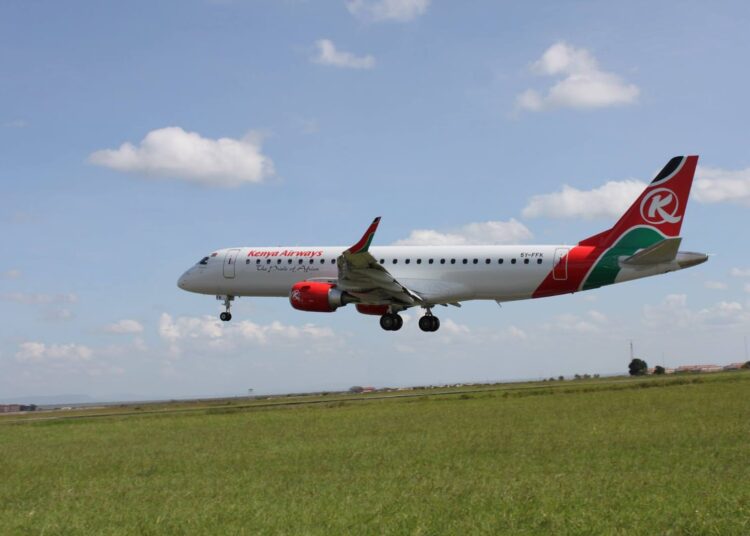
Process Kenya Airways Pilots go Through to be Accredited
According to the statement, a pilot must go through rigorous training before attaining the level of flying for the company.
Further, KQ stated that all pilots are subjected to thorough background and security checks to ensure that they are all qualified.
“Further due diligence is conducted while vetting applicants including verification of documents from the institution where an applicant attended training,” KQ noted in a statement.
Also Read: LSK President Clarifies Brian Mwenda Winning 26 Cases
In addition, KQ explained that the aviation field is highly regulated and that professionals are subjected to regular audits.
In particular, KQ noted that all pilots have to apply for licenses every year in a process controlled by the Kenya Civil Aviation Authority (KCAA).
The statement came amid a nationwide conversation on a man named Brian Mwenda who was accused of impersonating a licensed lawyer and went on to engage unsuspecting clients.
In a statement on Saturday, the Office of the Director of Public Prosecutions (ODPP) raised an alarm on increased cases of impersonation in various professions.
DPP Orders Probe
The DPP affirmed that his office was committed to maintaining the sanctity of the legal profession which he noted was key in the administration of justice to the public.
Also Read: Why Brian Mwenda Will Never Become an Advocate – Law Experts
In respect to Mwenda’s case, the DPP ordered the Inspector General of Police to expedite investigations into his alleged impersonation to allow further action.
The Brian Mwenda case revived a conversation of Kenyans exposed for impersonating or masquerading in various professions.
For instance, a man named Joshua Waiganjo sent shock waves to Kenyans across the country after it emerged that he had managed to masquerade as a high-ranking police officer in 2013.
For close to a decade, Waiganjo brushed shoulders with the top brass in the National Police Service until 2013 when his case was exposed.
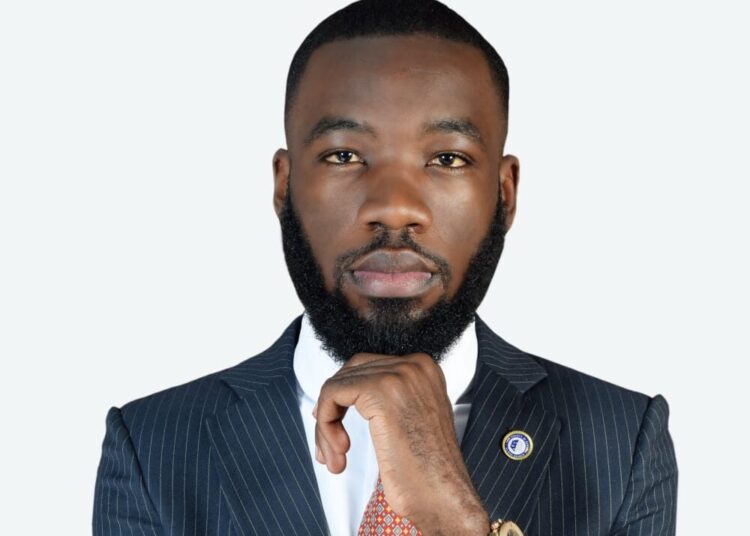


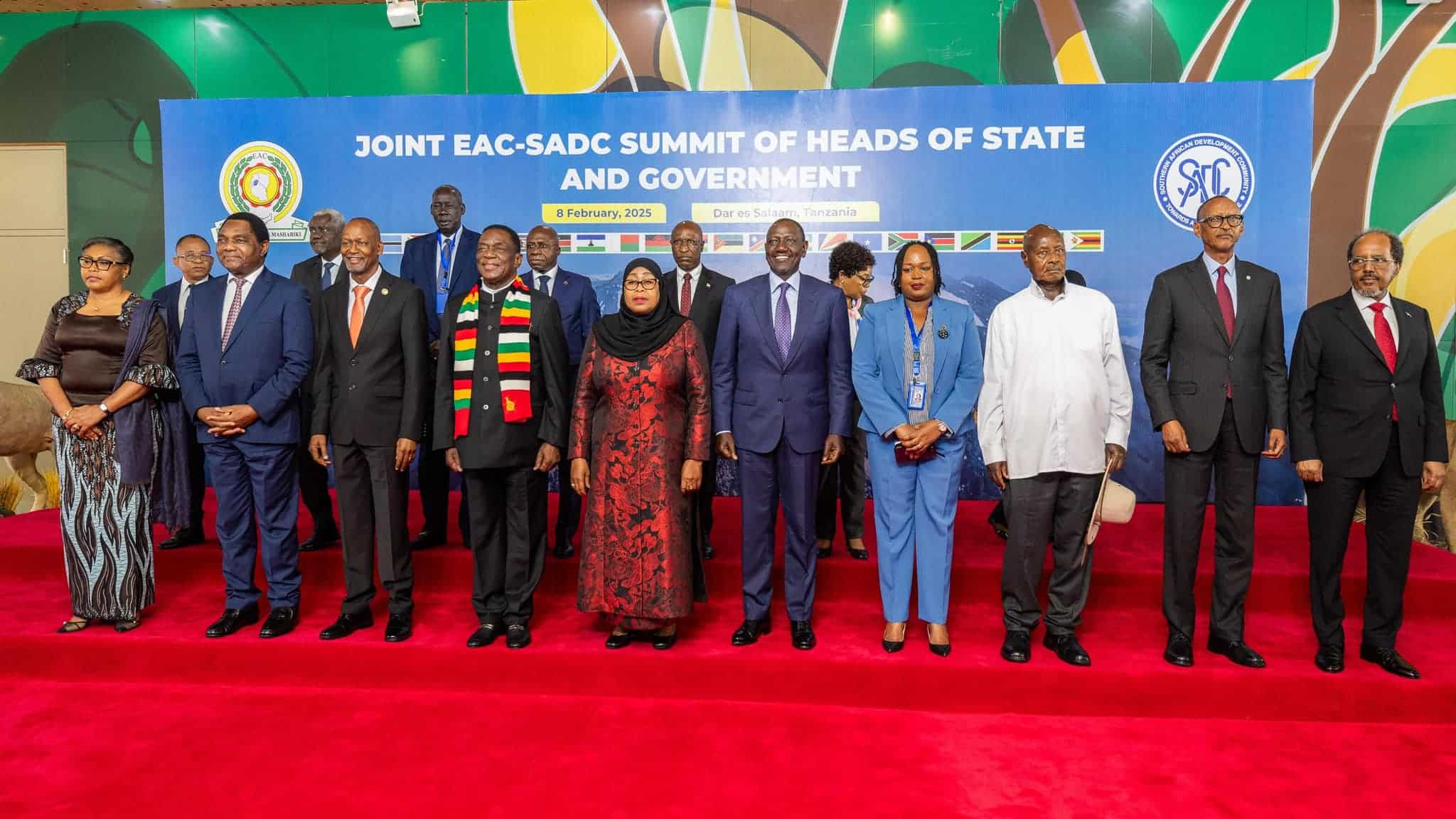
![Debate Rages Over Proposed Increase In Legal Drinking Age [Video] Nacada Raises Legal Drinking Age From 18 To 21]( https://thekenyatimescdn-ese7d3e7ghdnbfa9.z01.azurefd.net/prodimages/uploads/2025/07/beer-360x180.jpg)
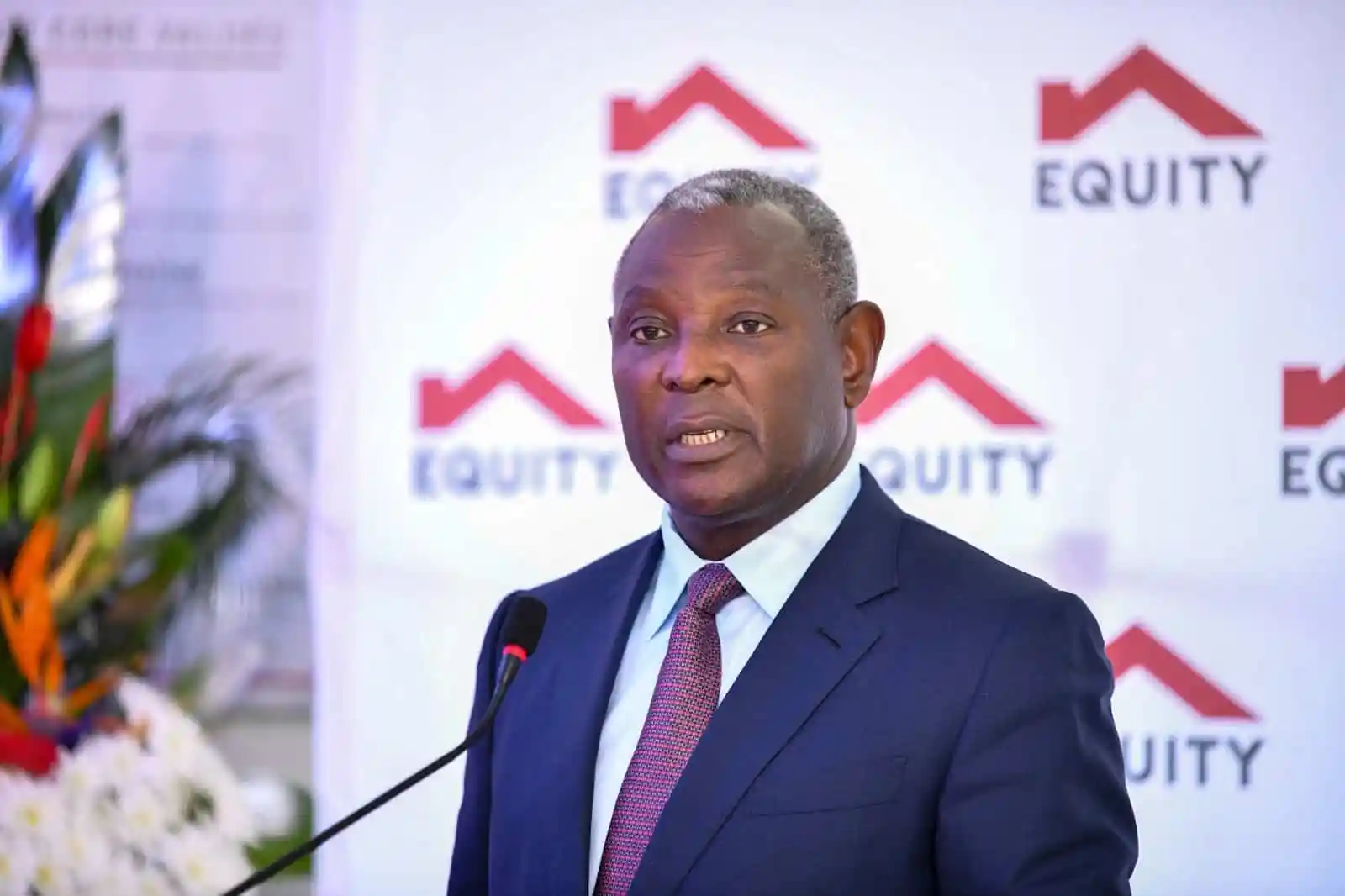

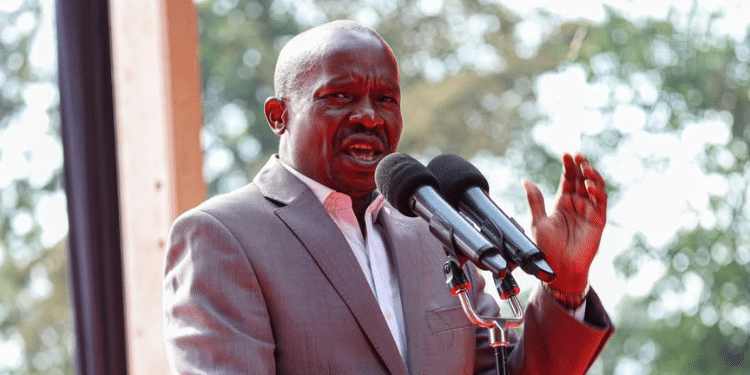

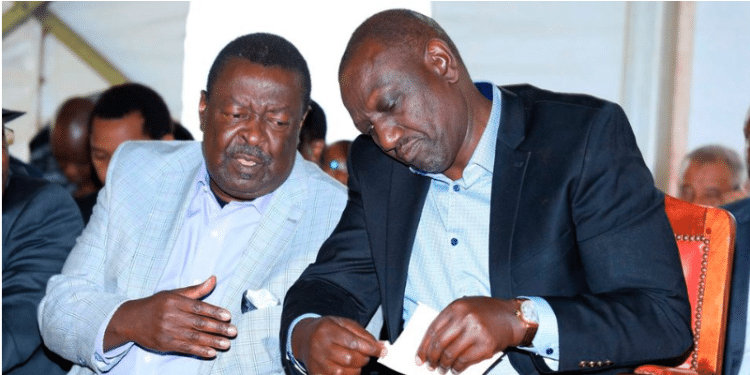
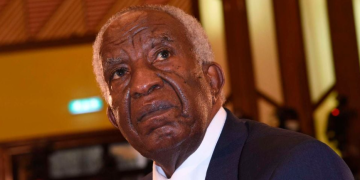







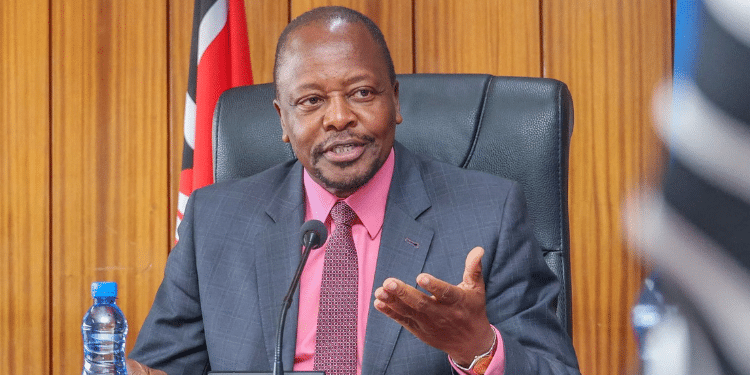



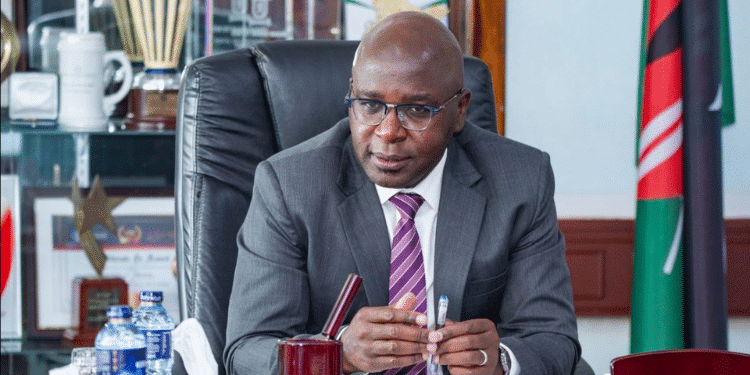

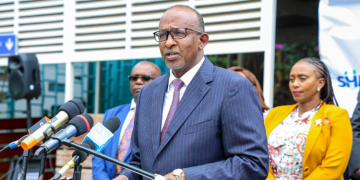







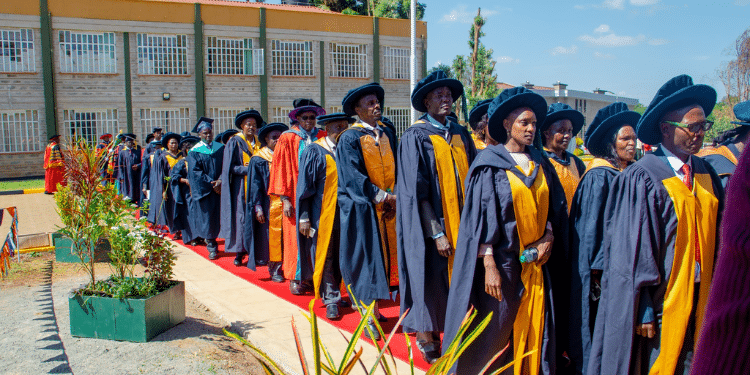
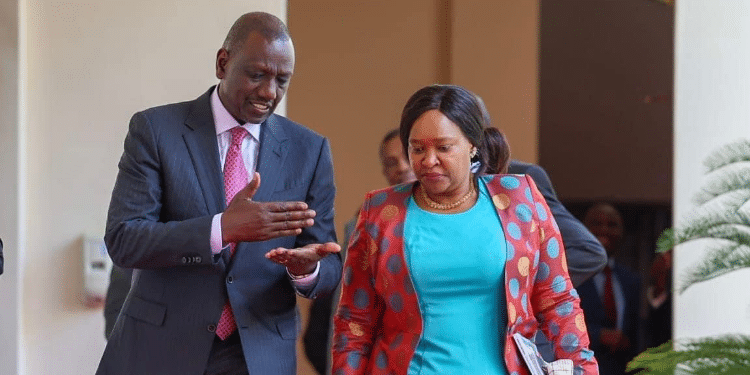





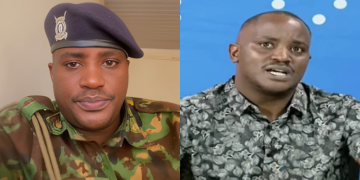
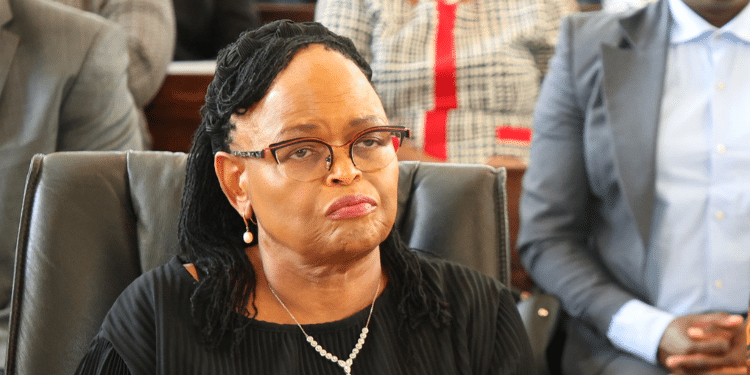
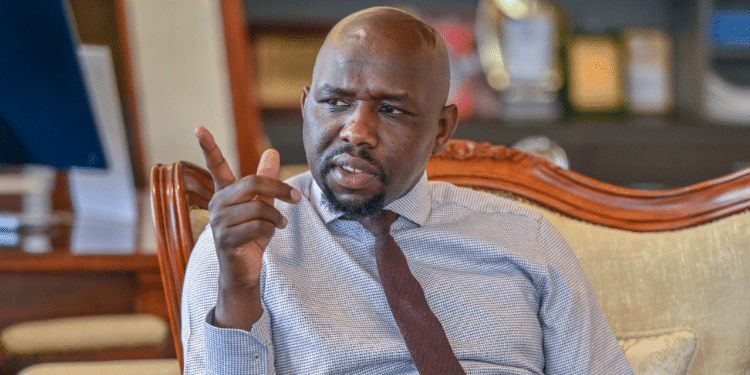
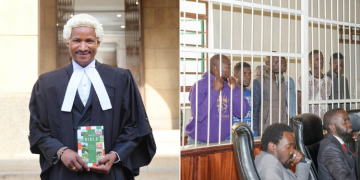









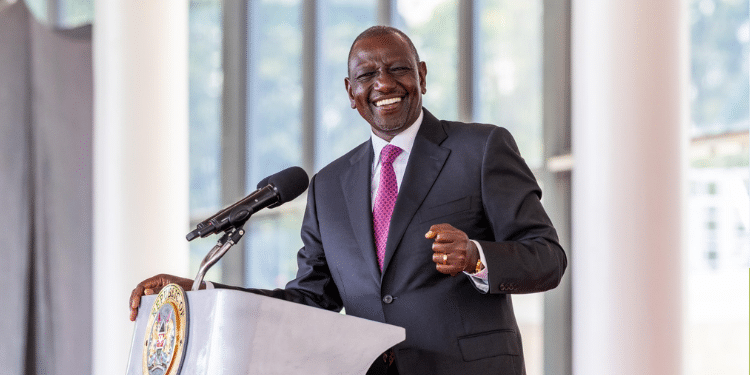










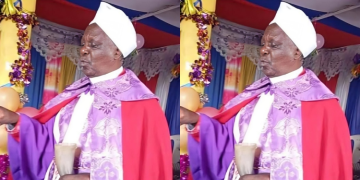
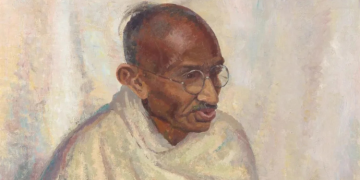





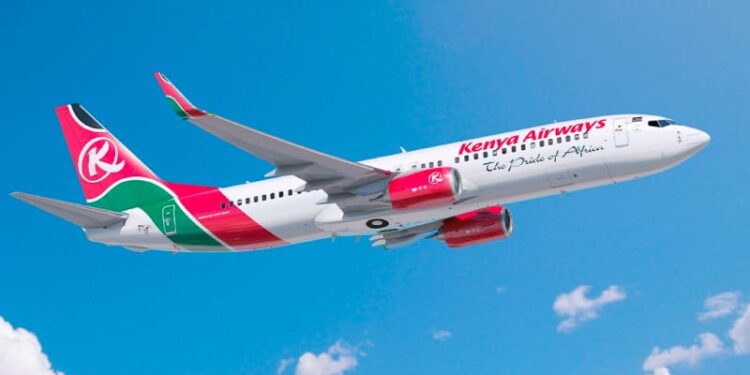

![Debate Rages Over Proposed Increase In Legal Drinking Age [Video] Nacada Raises Legal Drinking Age From 18 To 21]( https://thekenyatimescdn-ese7d3e7ghdnbfa9.z01.azurefd.net/prodimages/uploads/2025/07/beer-120x86.jpg)